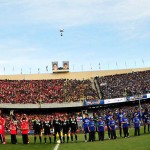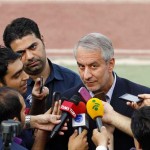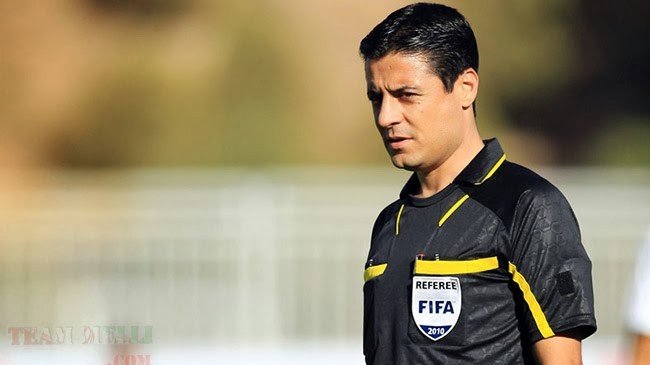It is certainly not run by entrepreneurs or private companies in the style of European clubs. Most fans will probably think that Iran’s football is greatly influenced by the two most popular clubs in the land Persepolis and Esteghlal, which according to unofficial figures make up a total of over 93% of the fans in Iran. The fact that Iran is very much a bipolar football nation is quite obvious and a no brainer, but both clubs have been through some turmoil, constant change of management and a center of power struggle.
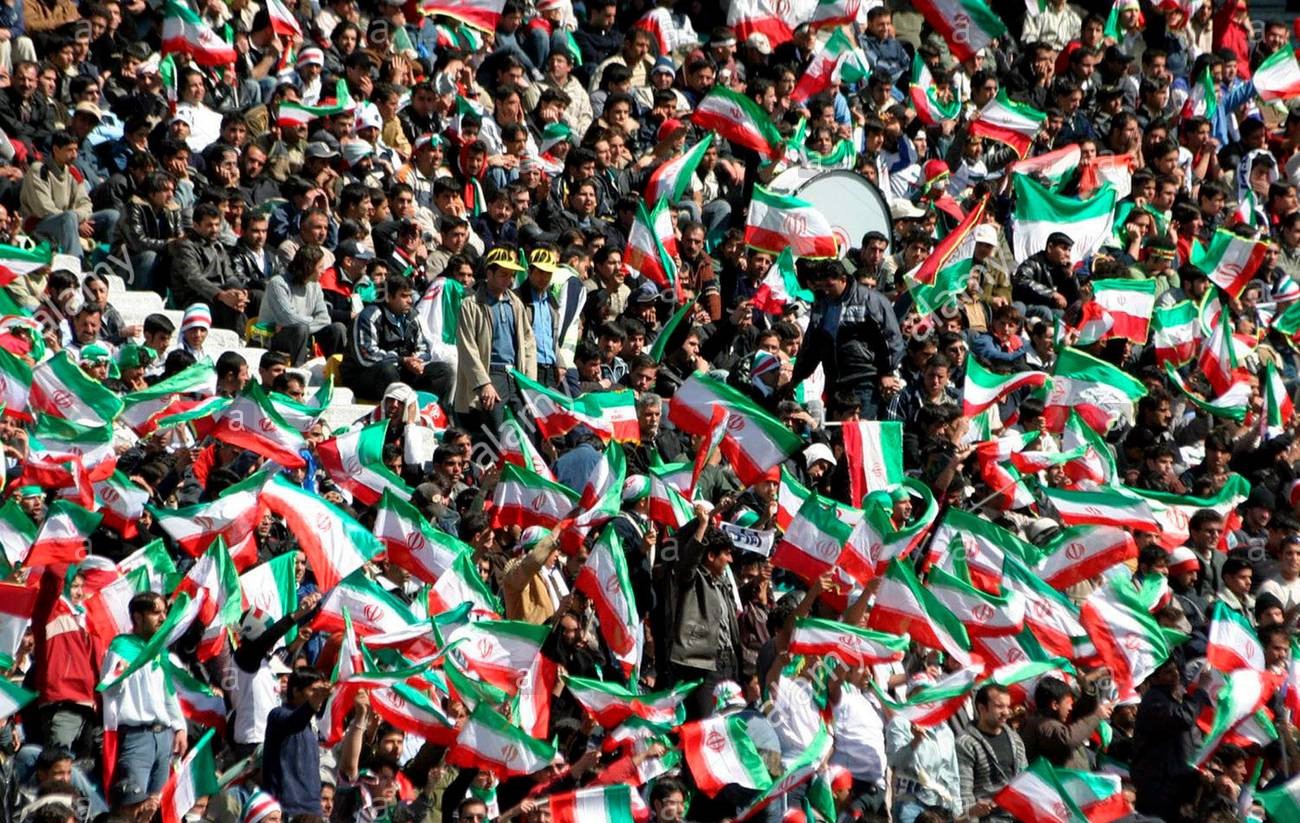
Both are owned and run by the Islamic regime, and as such, their management appointees are from them men closely connected to the clergy and those who have certain political leanings. There is no such thing as election in these clubs. The appointees are not necessarily the most suited to develop or progress the clubs to success, their objectives is slightly different. Historically, it has been a goldmine for some. Persepolis have been poorly managed and taken advantage of. Gone are the days these two clubs produced the best players in Iran through their youth development systems, instead they rob other smaller clubs players and depend on their scouting system to lure young and potential players.
In Iran’s football, everything revolves around the Red and Blue. These two clubs get the lion share of media coverage, including the most important of them all, the TV. The printed media is also monopolized by the events of these two teams; the Iranian sport social media is incredibly just about these two as if no other club exists. So, it is not uncommon for some dubious characters attempting to get a foothold in these two clubs as the rewards are certainly tempting and the influence obtained by being associated with these two are certainly fulfilling. Those dubious and inept appointees, however , turned Persepolis and Esteghlal into a poorly run chaotic entities suffering from a plethora of problems and specifically lack of money , resources and corruption.

Poor management resulted in poor results on the field and because of this, it prompted the government to act to preserve the honor of the two clubs which at times are even more important to the fans than Team Melli!
The plans to change the way that football is owned and managed in Iran started from the time when ex-President Ahmadinejad was in power. In fact he was the one who was driving the case to improve and clean up football. The case for change became stronger following a series of poor results by Iranian teams across the board at club and national team levels. Despite the genuine government attempts to privatize football beginning with Persepolis and Esteghlal, and the great enthusiasm shown by the football loving Ahmadinejad, in his two terms of presidency he failed to change anything. President Rouhani, followed on the footstep of his predecessor and took up the case but this time with the support of the Majlis (Parliament), so far, Rouhani also failed to achieve anything of significance.
None of the two presidents and their governments’ ministers delivered on the promise of privatization as a mean of development of football. That raises the obvious question, Who is more powerful than the Presidents in Iran to over-rule their attempts to change the way football clubs are run? Whose authority supersedes those of the President, the head of government and the parliament?
The supreme leader and his institutions, of course.
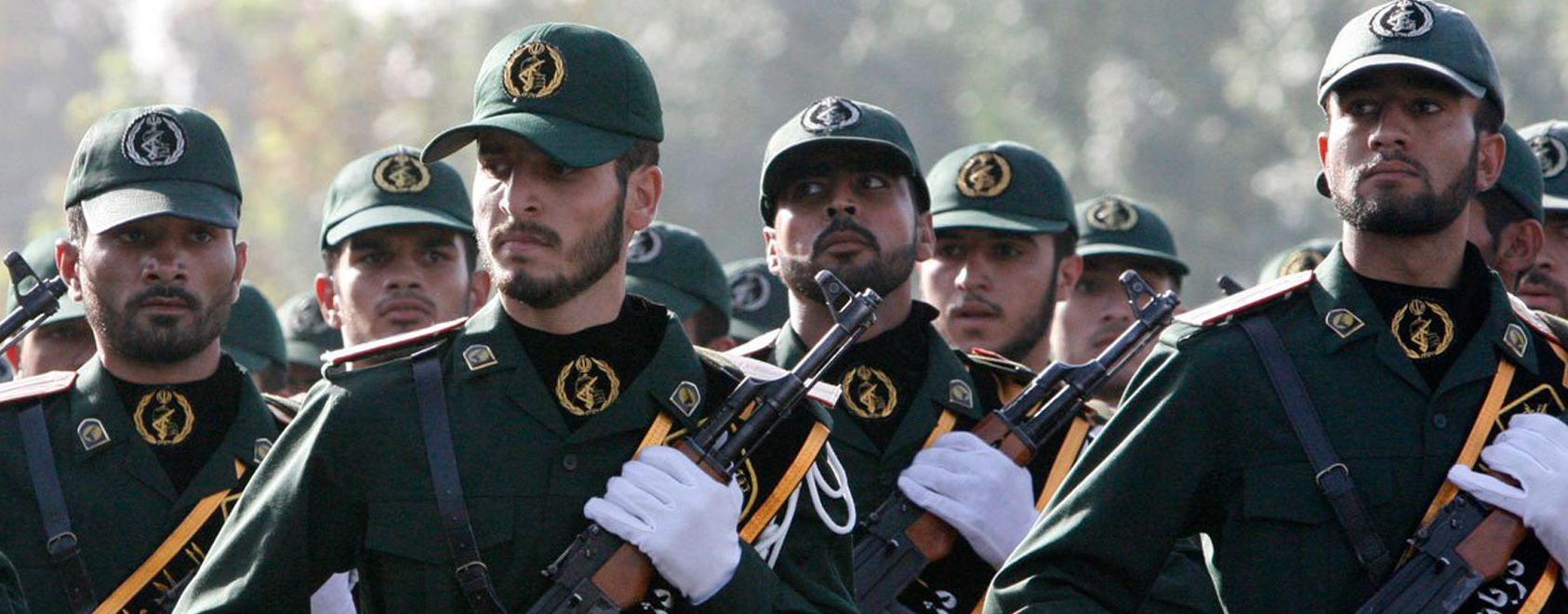
Football is very much under the influence and control of the revolutionary guards (IRGC) after years of infiltration by people associated with them. Their careful plans , empire building and using that power tool of religion that cannot be overridden made them virtually untouchable by the government ministries or agencies.
The Islamic Revolutionary Guards Corps (IRGC), these days, control many if not most clubs either directly or indirectly. In recent years, IRGC commanders have become executives with some of the major football clubs while they hold senior positions in Iran’s extensive security apparatus.

Examples:
Akbar Ghamkhar, the former chief of logistics at the IRGC naval wing’s Nouh Base, and Mohammad Rouyanian, an IRGC officer and later a police chief, have served respectively as President and Chief Executives of Persepolis Football Club, since 2002. Both were considered to be highly influential in football circles but with superficial knowledge of how to run the top club in Iran.
Both have failed, miserably while Rouyanian ended up in jail after being accused of corruption. He was released at a later date but details of his incarceration and the offences committed were never made public.
Colonel Zohrab Qanbari Mahardou is executive director of Fajr Sepasi FC of Shiraz, which is officially owned and run by the Islamic Revolutionary Guards. The club enjoyed some period of success in the last decade but then nose dived and eventually relegated to the lower division. It was rumored that Fajr Sepasi was the most hated club in Iran!
Lotfallah Forouzandeh Dehkordi, the IRGC chief of Chaharmahal and Bakhtiari province, is a Persepolis FC board member. Commander Mostafa Ajorlou, a former IRGC Physical Training chief, is a board member of the Tractorsazi Tabriz club after a long career with several other teams including one successful stint with once famous Pas club.
Brigadier-General Gholam-Asgar Karimian serves as chairman of the board of the same club, which is owned by Mehr ‘e Eqtesad-e Iranian Investment Company, one of the IRGC’s financial arms.
The presence and the control of the semi-military in the form of the IRGC in Iran’s football affair is not a coincidence and far from the notion that these commanders love the beautiful game. Such control is a strategical and calculated move by the hierarchy to control the masses and ensure the crowd control is well within their grasp. Many Iranians suspect it was to extend control of the clubs’ vast following of fans, which are seen as a potential power in the streets that, in certain circumstances, could turn on a clerical regime that tolerates little criticism.
In the last decade or so, football in Iran suffered some major setbacks. Doping , Game-fixing, Corruption , contemptible management, players’ power, nepotism, disastrous results & Performances, astronomical players and coaches wages , favoritism , cheating, lack of accountability and many other setbacks and scandals made the headlines. As such, all these and more provoked unusual public scrutiny into the commanders who run the sport. IRGC officers are busy trying to convince the country there is nothing awkward in their involvement and rumors about clubs being poorly run nothing but the enemy’s plot. Results in the field of football says otherwise.

Commander Aziz-Mohammadi, a veteran of the 1980-88 Iran-Iraq war and a former member of the Islamic Republic Football Federation IRIFF, says the IRGC presence in soccer was not “systematically planned”.
Questioned by the sports publication Tamashagaran Emrooz (Today’s Spectators), Aziz-Mohammadi explained that most IRGC officers played football before the 1980-88 war with Iraq and simply “pursued their pre-war interests after the war ended.”
“If they make it to the top management of the soccer clubs it’s because of their qualifications and not connections” he argued. It is hard to digest such argument as there is little if any natural connection between football and the military or to be precise the Militia. Commander Aziz-Mohammadi was a candidate for the recently run elections to head the football federation. He came last in the 3 man race for the top job in IRIFF.

However, the Guards may have another motive. Mohammad Dadkan, the former president of Iran Football Federation, defiantly hit out at the IRGC’s growing control of the sport in an interview with Khabar Online on August 21st, 2015.
“There’s no corruption in football itself … but the managers in the football world are corrupt. Unfortunately people who know nothing about football are involved in this sport – managers from the Guards and the Law Enforcement Forces,” he said.
With the immense potential that the Iranians possess in football and most sports in general, the National team has failed to win the Asian Cup since the former Shah’s days. Iranian teams failed to win even a single AFC Champions League title, while the U23 team failed to reach the Olympic games for over 40 years. Clearly, there is a systematic fault in how football is managed and run.
Control of the teams and the fan clubs also allows the regime to permit the soccer-going public to vent their anger and frustrations under controlled circumstances. The IRGC skillfully harnesses the unruly fans and sees to it that any shouldering sense of anger or frustration is directed against the opposing team rather than the Tehran regime. Interestingly enough, the hardliners who control football and security at the same time, have never allowed the Tehran derby, with regular attendances of 100,000 fans to be played at night. Crowd control is much easier at day time.
The regime has good reason to fear political fallout from football. In November 1997, as Iran advanced to the 1998 World Cup, soccer fans, including many women, took to the streets celebrating the national team (Team Melli) with songs and dances, which the regime frowned upon as un-Islamic. Religion is unquestionably above everything else including patriotism and football in Iran.
It was the same when Iran beat the United States 2-1 at the FIFA World Cup in France in 1998. But things were different in October 2001 when the national team was beaten 3-1 at home to Bahrain in a World Cup qualifying match.
As rumors spread that the match had been politically fixed, fans went on the rampage, setting fire to government offices, attacking banks and government properties and clashing with police.
The crossover of IRGC into the sporting world may not be altogether for the love of the game.

